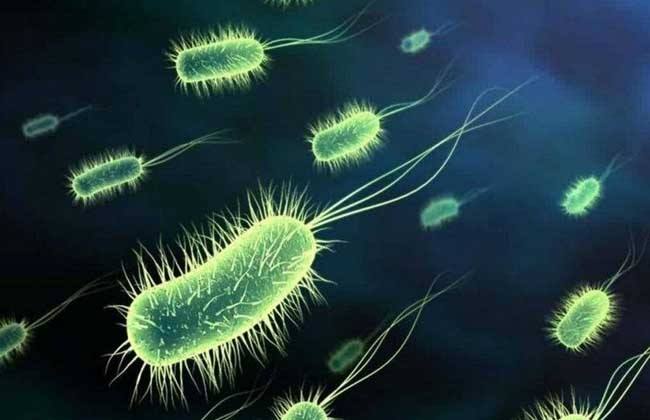With this ability to evolve rapidly goes another, even scarier advantage. Bacteria share information. Any bacterium can take pieces of genetic coding from any other. Essentially, as Margulis and Sagan put it, all bacteria swim in a single gene pool. Any adaptive change that occurs in one area of the bacterial universe can spread to any other. It's rather as if a human could go to an insect to get the necessary genetic coding to sprout wings or walk on ceilings. It means that from a genetic point of view bacteria have become a single superorganism—tiny, dispersed, but invincible.

They will live and thrive on almost anything you spill, dribble, or shake loose. Just give them a little moisture—as when you run a damp cloth over a counter—and they will bloom as if created from nothing. They will eat wood, the glue in wallpaper, the metals in hardened paint. Scientists in Australia found microbes known as Thiobacillus concretivorans that lived in—indeed, could not live without—concentrations of sulfuric acid strong enough to dissolve metal. A species called Micrococcus radiophilus was found living happily in the waste tanks of nuclear reactors, gorging itself on plutonium and whatever else was there. Some bacteria break down chemical materials from which, as far as we can tell, they gain no benefit at all.












